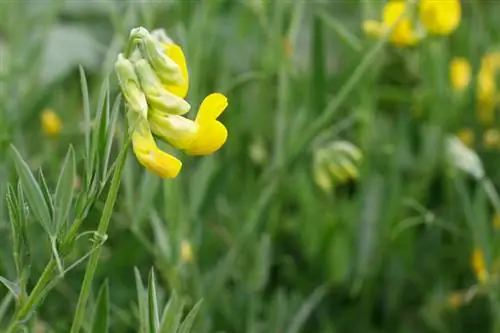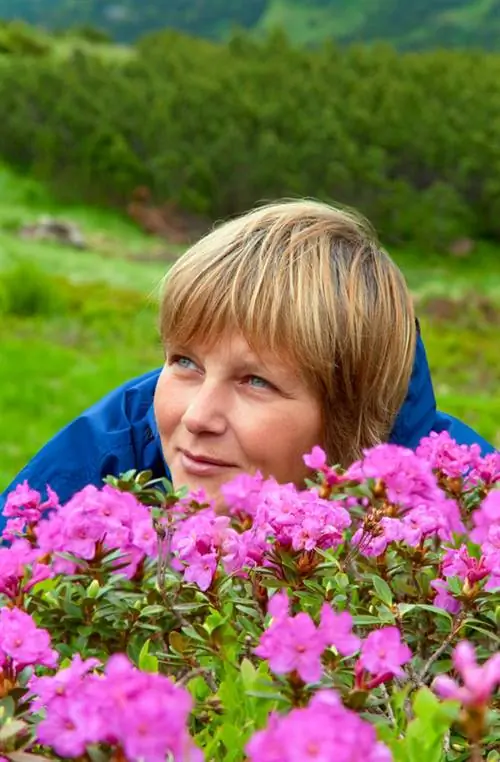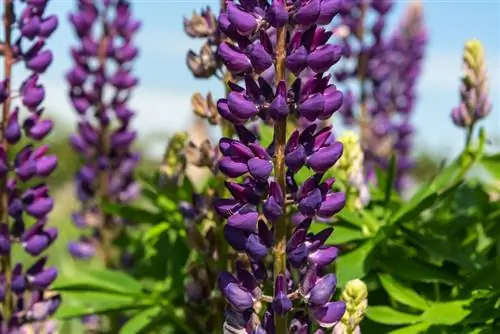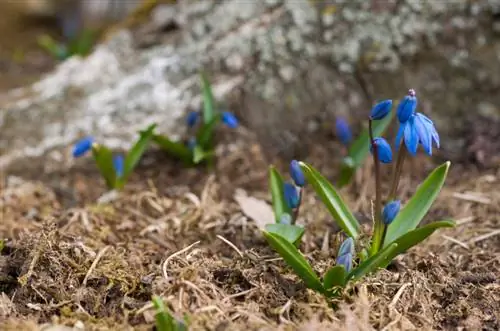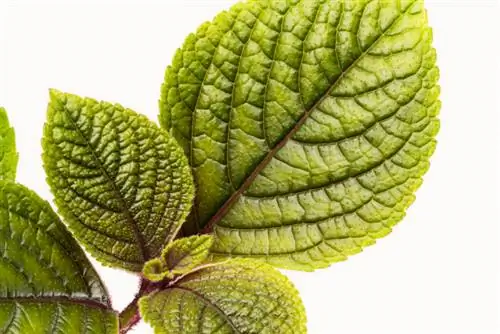- Author admin [email protected].
- Public 2023-12-16 16:46.
- Last modified 2025-01-23 11:20.
Vetches are very popular climbing and climbing plants that, in addition to the interestingly feathered leaves, have beautifully shaped butterfly flowers. Since they quickly overgrow bare house walls and unsightly fences, they are cultivated in many gardens. Especially when small children or pets live in the household, the question arises as to whether vetch is a poisonous plant.
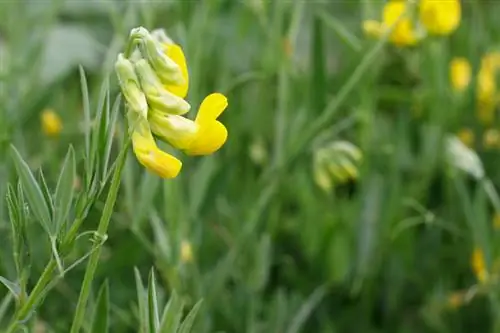
Are sweet peas poisonous to people and animals?
Vetches are slightly toxic to humans and animals because they contain toxic amino acids. The highest concentration is in the seeds. Children and pets such as horses, cattle and rodents can experience symptoms of poisoning such as stomach and intestinal problems or paralysis.
Pet peas are slightly poisonous
The toxicity of vetch is classified as weak by the Poisoning Information Center. The toxins are found in all parts of the plant. The toxic amino acids it contains (derivatives of propionitrite) have a toxic effect.
The concentration is highest in the seeds that form after flowering. It is therefore advisable to cut them off consistently.
If the pods are only consumed once, vomiting is often the only result. If a child regularly snacks on the pods, there is a risk of so-called lathyrism. The symptoms of this gradual poisoning are:
- Edema
- Pain and pins and needles on the legs
- strong urge to urinate
- Cystitis (inflammation of the urinary bladder)
Lathyrus is poisonous to animals
Peas are poisonous to horses and cattle. For this reason, vetch is also not suitable as food for rodents such as hares, rabbits and guinea pigs.
The symptoms of poisoning are shown by:
- Sweats
- Arousal
- Throat Whistles
- Shortness of breath
- Gait problems due to paralysis
- Skin Rashes
- Stomach and intestinal problems
Tip
Vetch seeds were still used as food in ancient times. Consumption is strongly discouraged due to its toxicity. In homeopathy, vetch is used successfully for shaking paralysis and multiple sclerosis. In this case, the potentization turns the toxic substance into a remedy.

